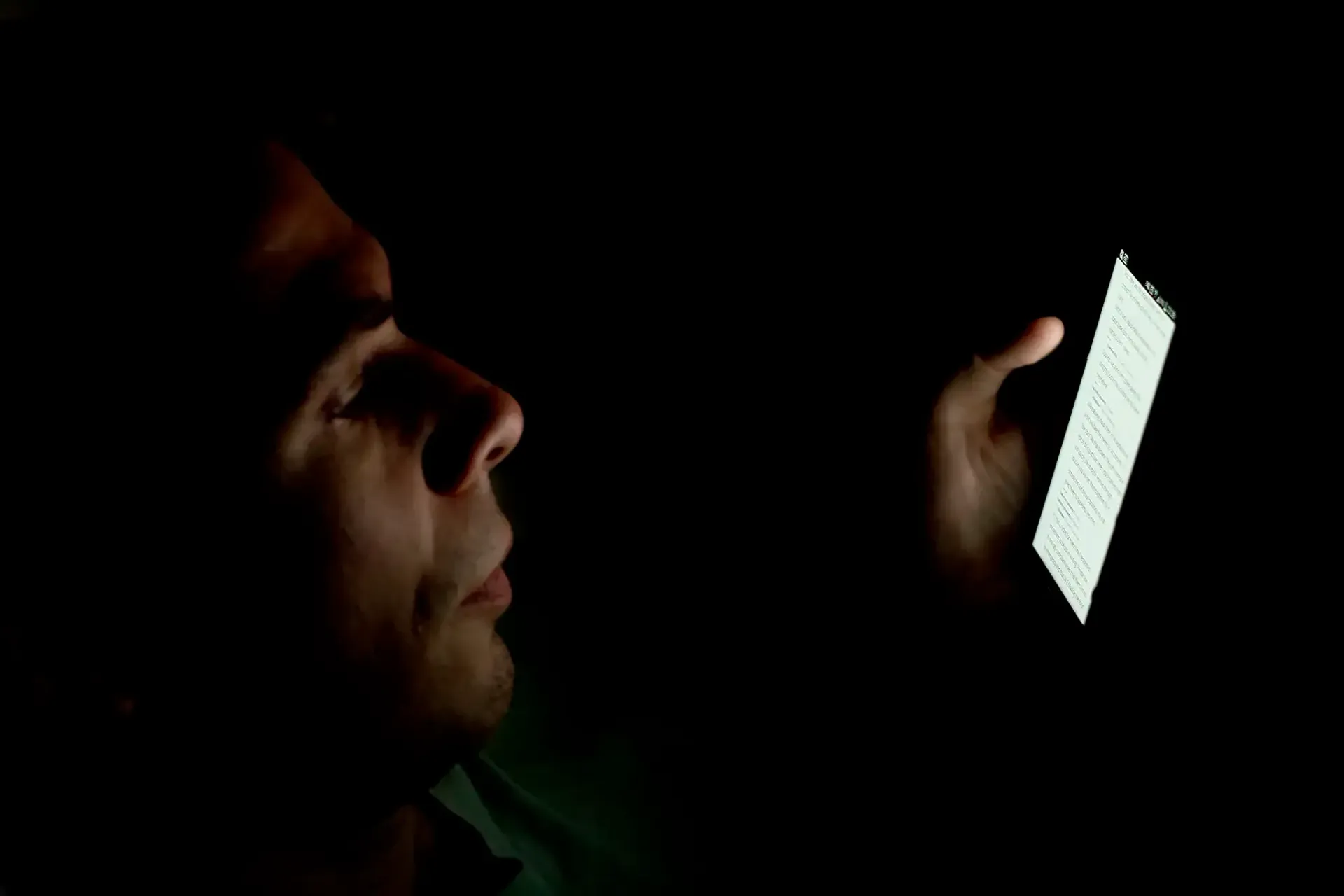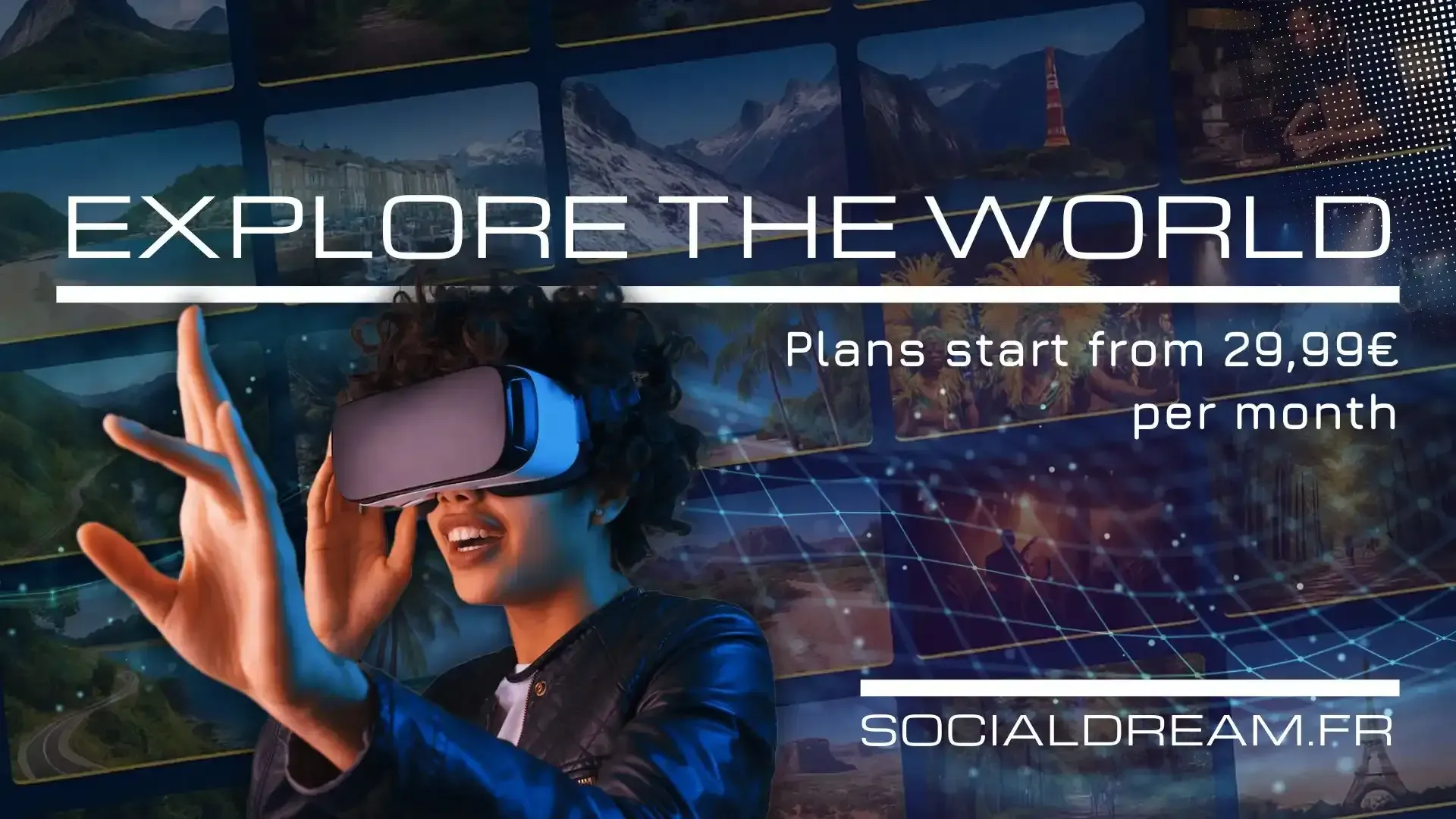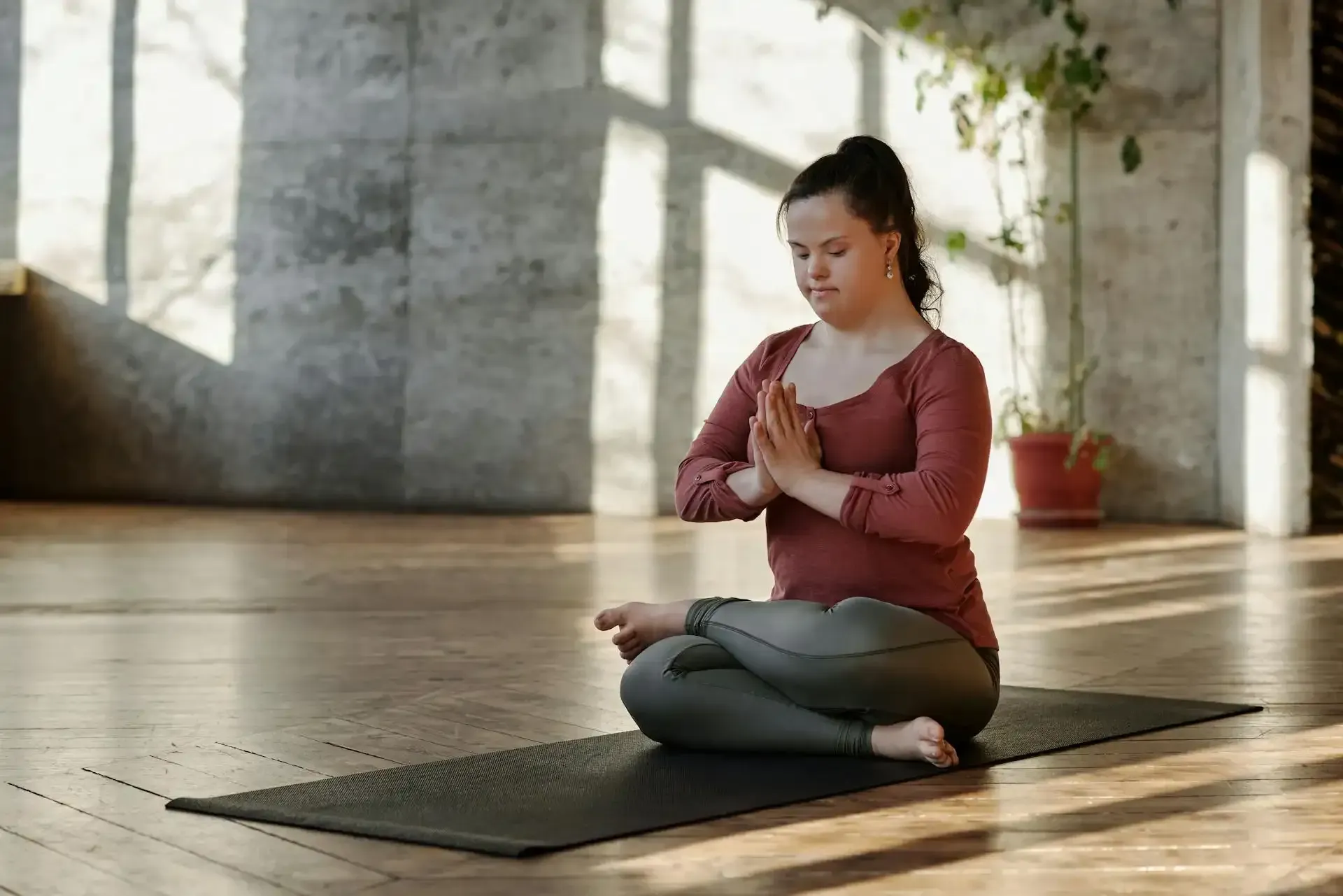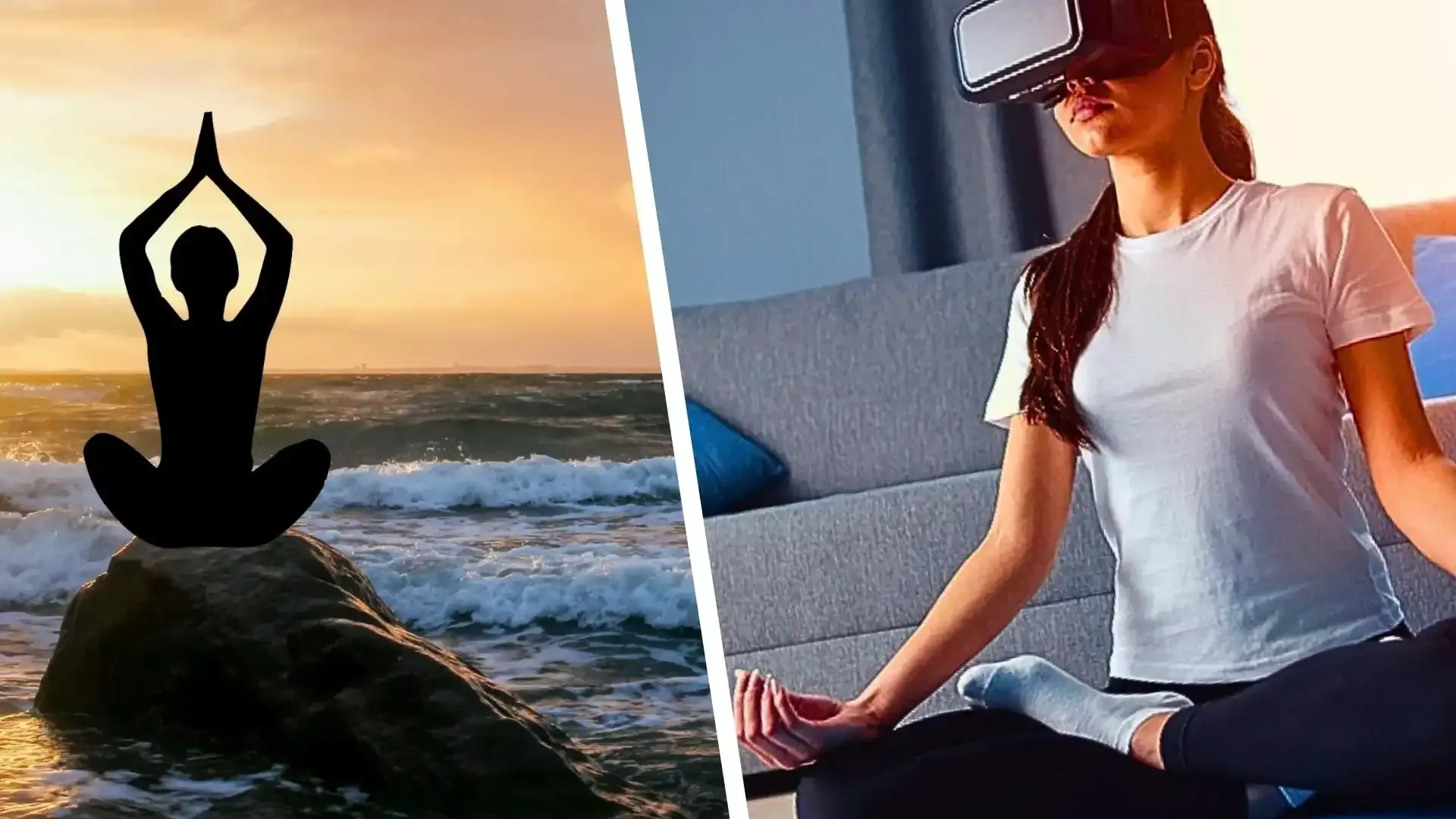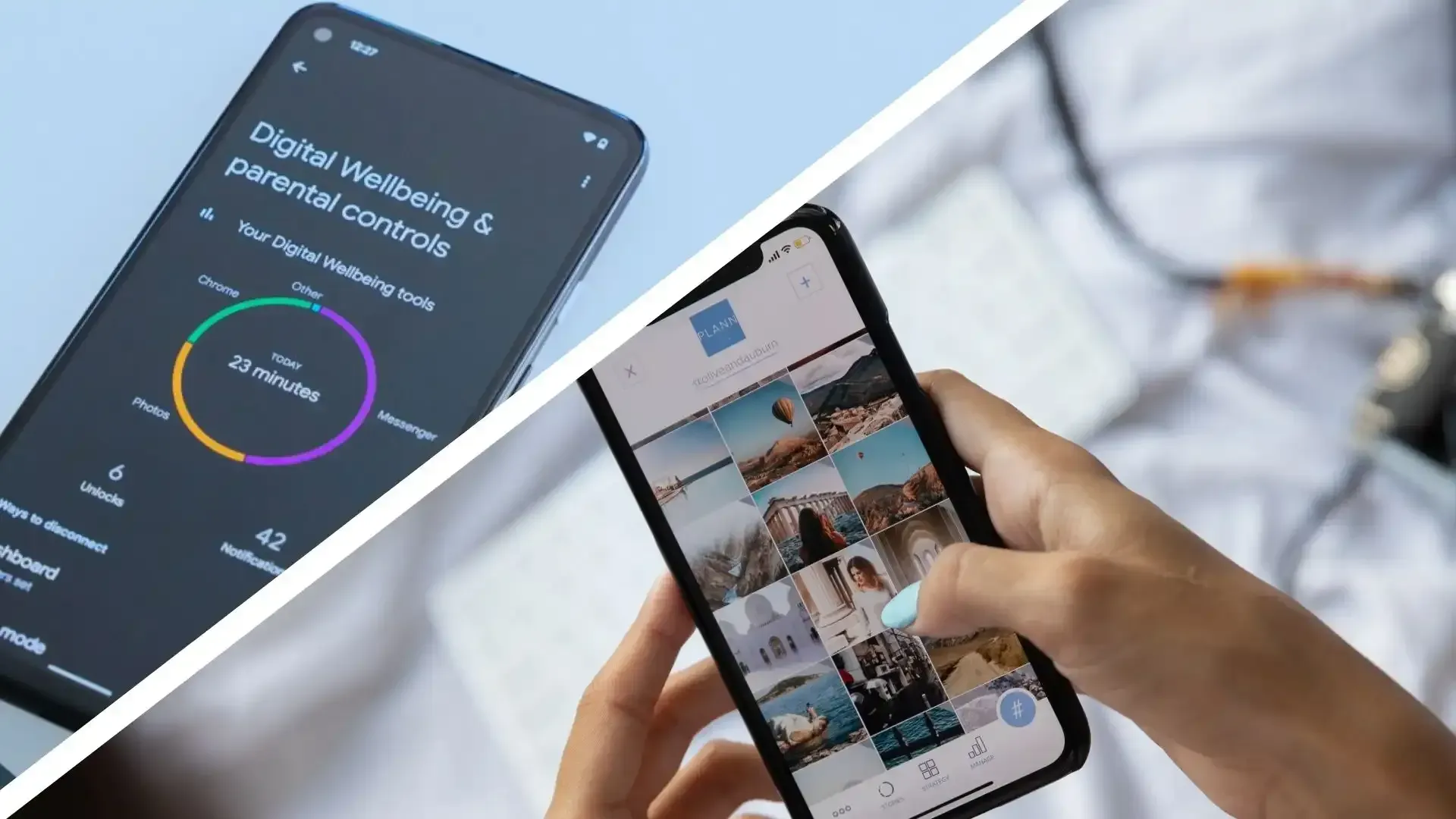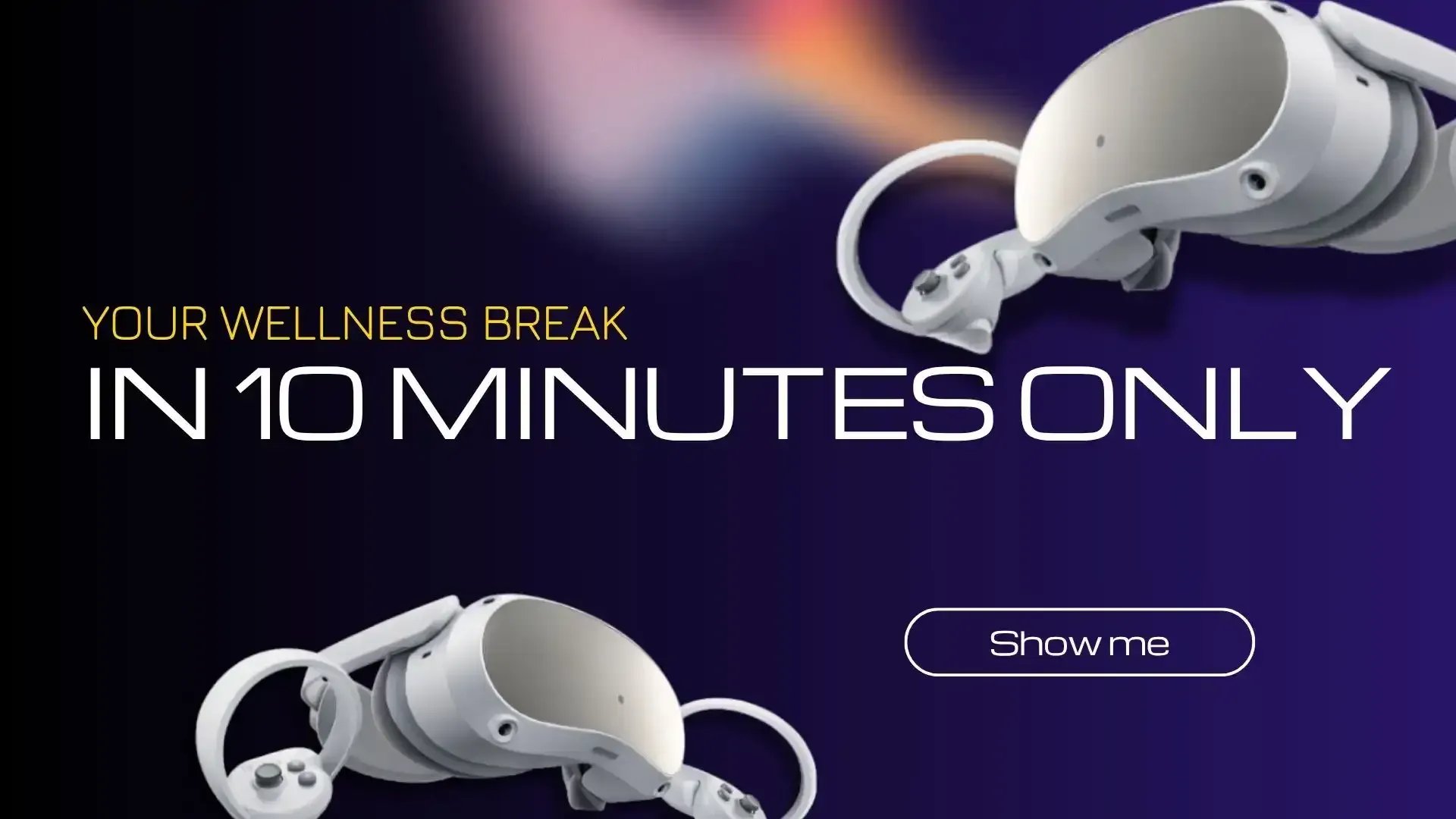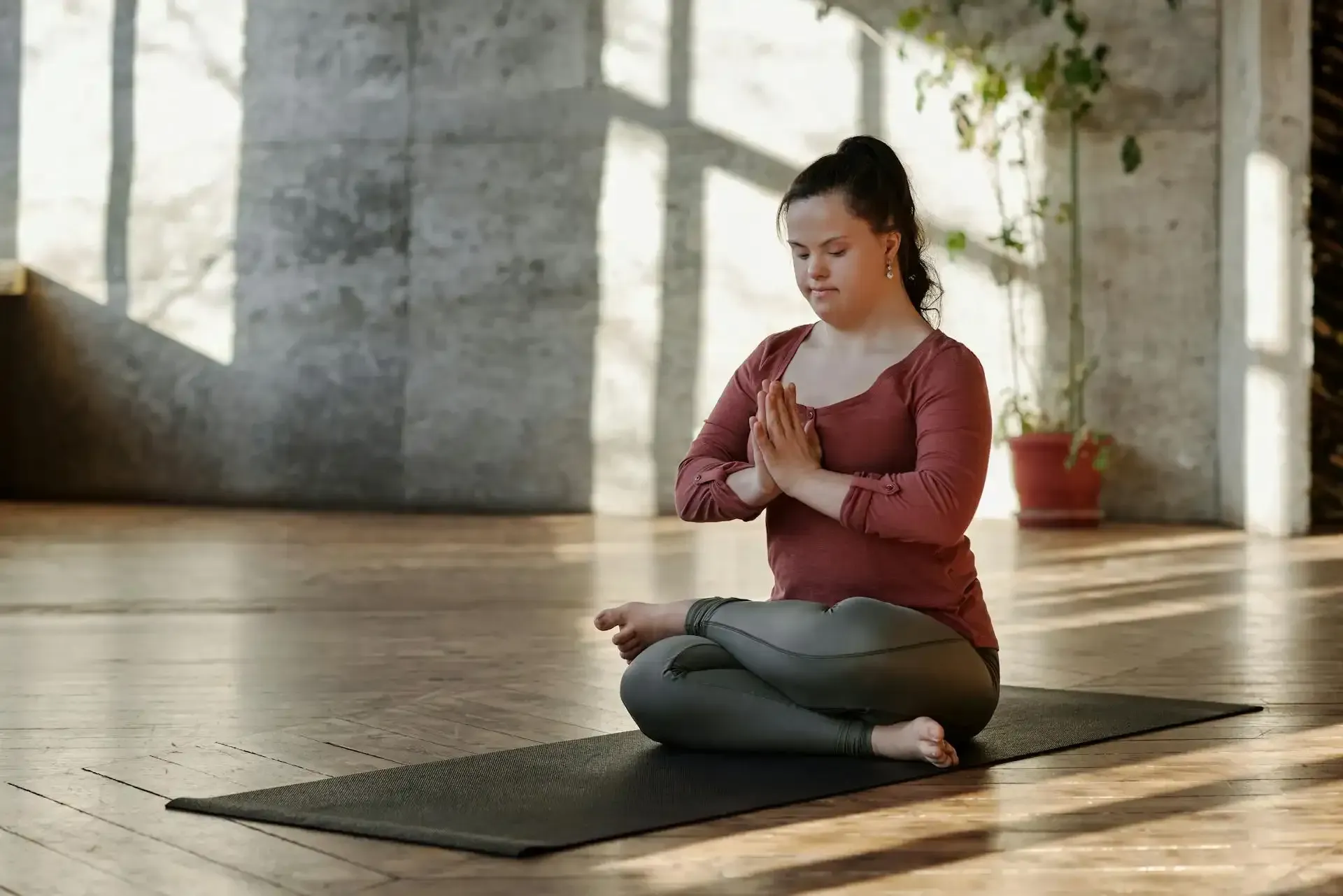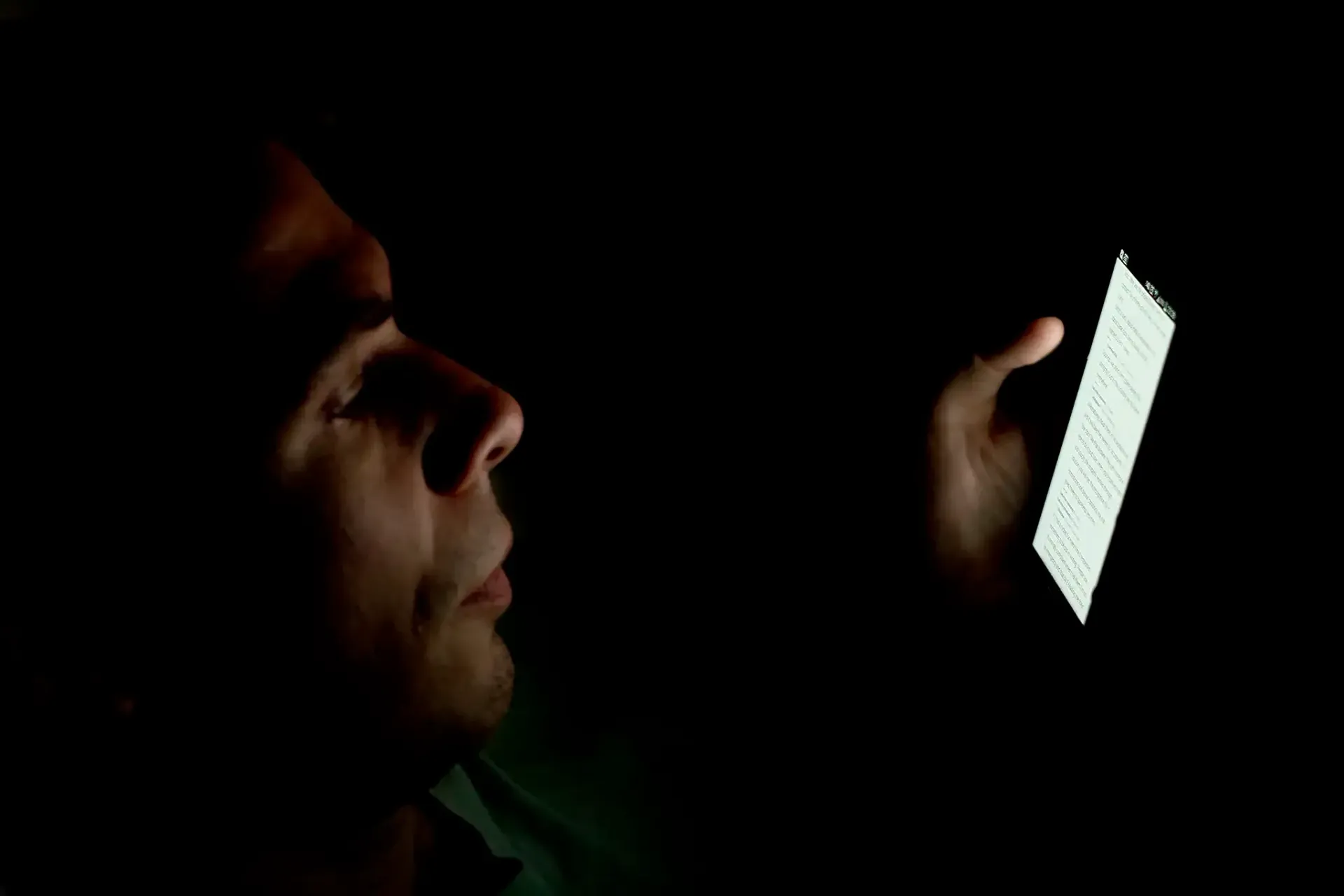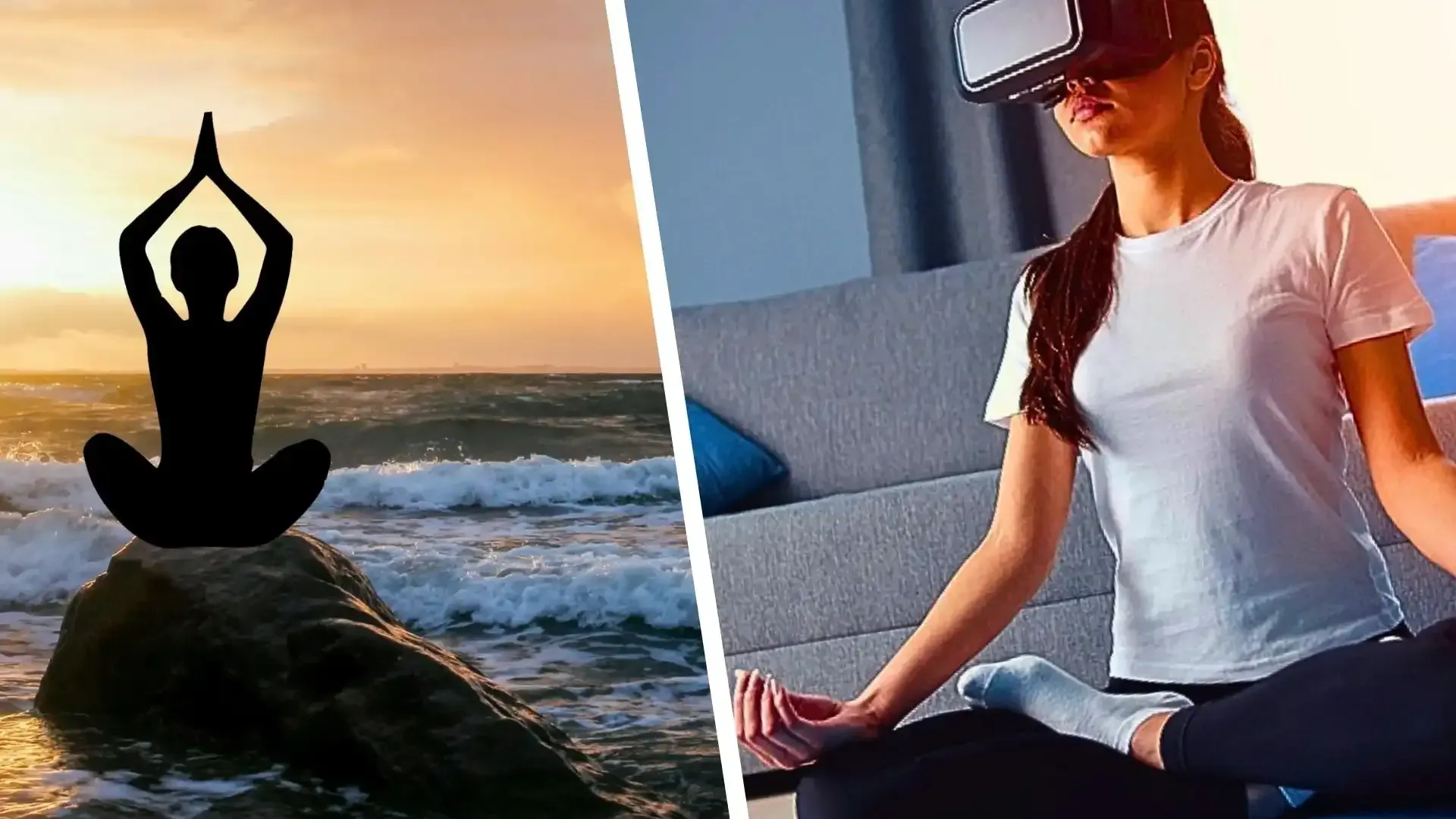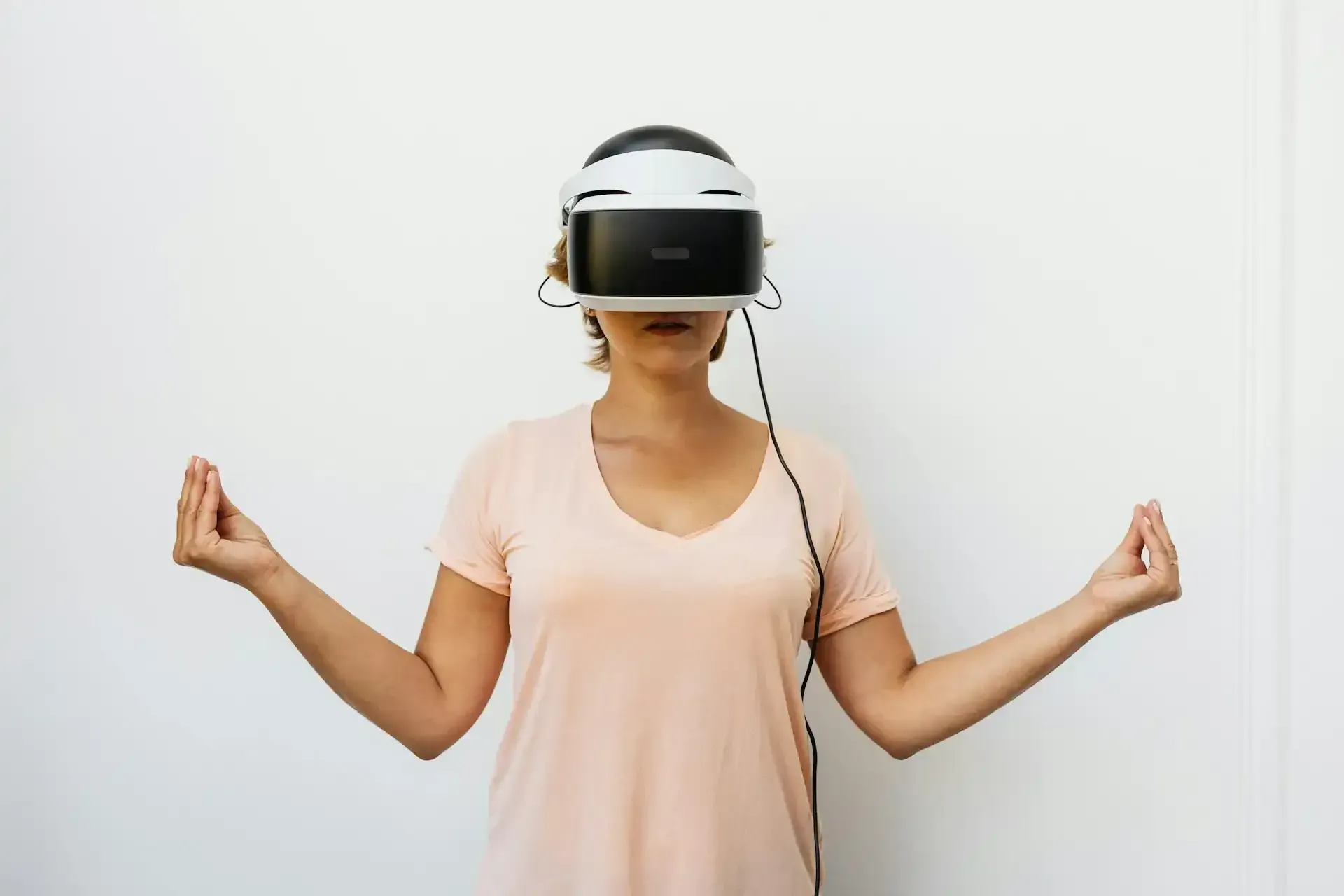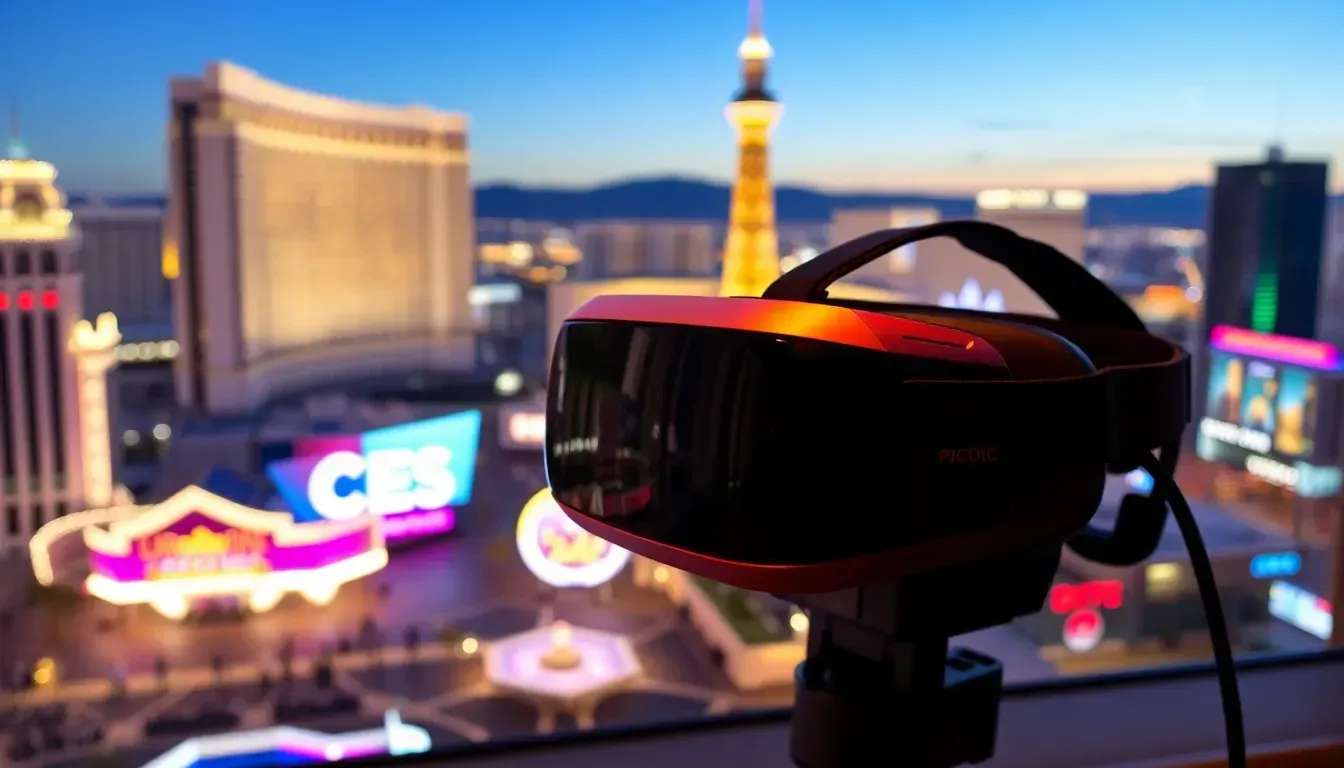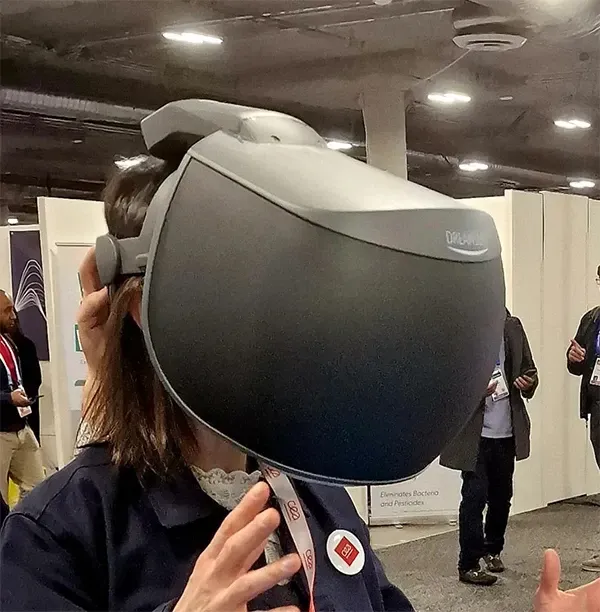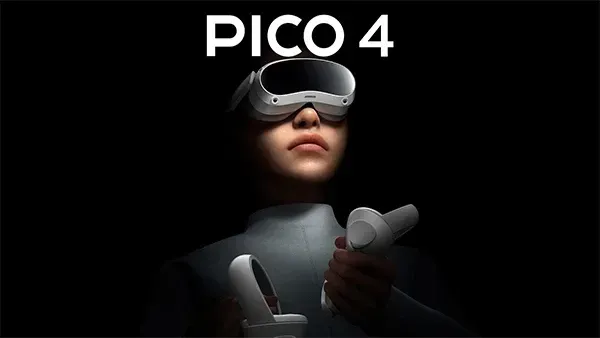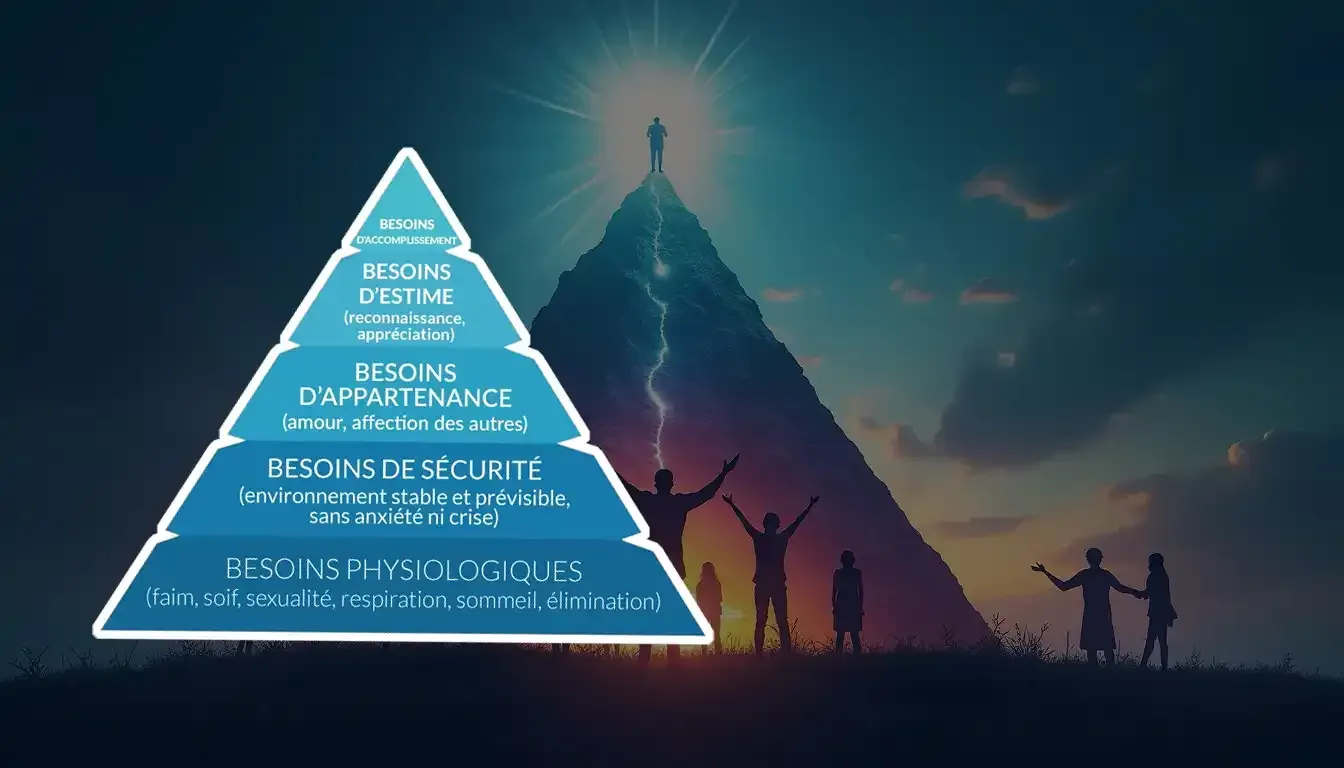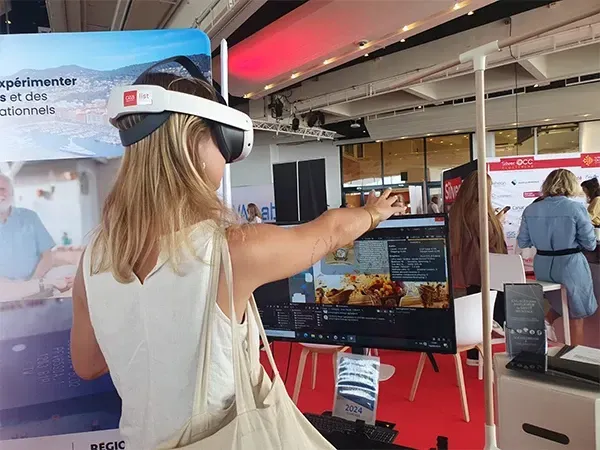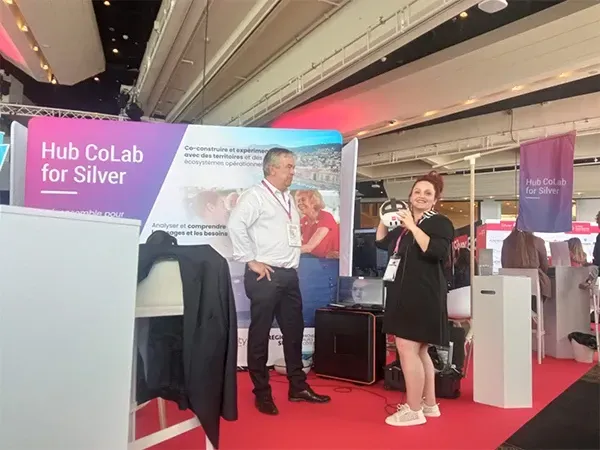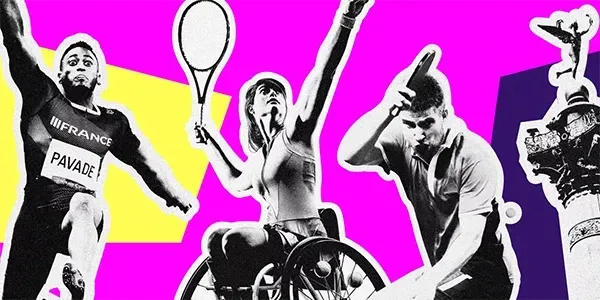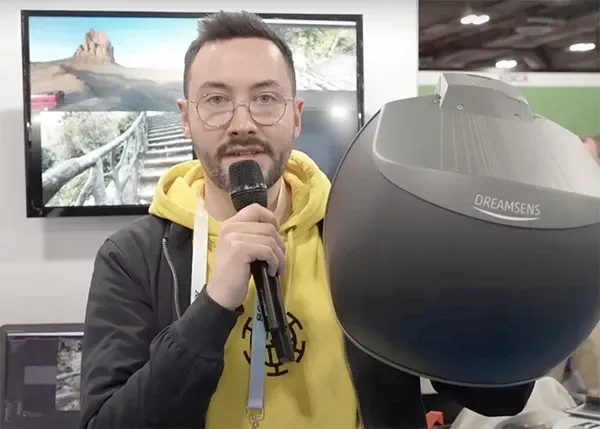Digital wellbeing: your new life starts today
Share this post !
Play it!
Fatoumata stumbles out of the virtual arena. Twenty minutes of immersive shooter games at the Zoga complex in Hénin-Beaumont (France), and her body's already rebelling. Discomfort, visual fatigue... basically every signs of digital overload. She who already spends 8 hours a day glued to screens just had a wake-up call: digital wellbeing isn't a luxury, it's survival.

The takeaway:
- 7 out of 10 people in France suffer from hyperconnection with consequences including: recurring headaches, difficulty resting, lost focus
- Key apps for digital wellbeing include Forest, Screen Time, RescueTime, Android's Digital Wellbeing feature
- The winning formula is simple: notifications OFF, phone in grayscale, screen-free zones, 9pm curfew
- Results in 3 months: 70% less screen time. Sleep restored and productivity through the roof.
"I came here for team fun," she admits, slumping into a chair. In this 500-square-meter arena (5,400 square feet) where ten people battle it out, she just had an epiphany about her addiction. Her smartwatch shows 127 notifications. Her phone won't stop buzzing. Even on vacation, she's glued to her devices. The verdict hits hard: she's among the 7 in 10 French people hooked on their screens.
Screens everywhere, happiness nowhere?
The numbers make Fatoumata (name changed for privacy) dizzy: 56 hours per week staring at screens. More than her total rest time. At work, it's interruption hell. Every two minutes, a ping, a notification, an urgent email. Her brain never gets a break.
The damage is piling up. Recurring headaches? Check. Neck pain? Double check. Weight gain since working from home? Triple check. Her doctor warned her: serious concerns ahead if she keeps this up. At 34, Fatoumata's ticking all the boxes for
future complications.
The psychological toll hurts even more. 76% of hyperconnected people struggle with proper rest (she who scrolls until 2am finally gets why). 77% struggle to focus. Makes sense when Teams, Slack, and WhatsApp bombard you non-stop. 78% live under constant pressure, feeling always on, never truly disconnected.
Yet there's hope.
Studies show internet use can improve overall wellbeing by 20% in seniors. Plus,
immersive cultural experiences let you relive the dinosaur era, offering escape and education. Technology isn't the enemy—it's how we use it that's broken.
Master your digital wellbeing: essential tools
"The more digital habits you have, the more troubles you get," hammers Jacques-François Marchandise, co-founder of the French New Generation Internet Foundation. Fatoumata nods. Between crappy cybersecurity, exposed privacy, and fake news galore, she's drowning in digital chaos.
Android becomes her first ally with its "Digital Wellbeing" initiative. The dashboard is a real eye-opener : 347 daily unlocks, 4h23 on Instagram, 2h17 on TikTok. App timers become her guardrails. "Do Not Disturb" mode is her lifeline from 9pm to 7am.
For her 12-year-old niece hooked on Snapchat, she discovers Google Family Link. Screen time limits, content filtering, location tracking for safety. Digital innovations show that tech can also protect and support.
Forest becomes her favorite app. The concept? Plant a virtual tree that grows as long as you resist your phone. Her record: 3 hours. Her digital forest already has 127 trees (and just as many victories over digital addiction).
Even Big Tech recognize the problem, with VR equipment sales dropping due to wellness concerns.
Your emergency kit against hyperconnection
Fatoumata creates her detox protocol. First rule: notifications OFF except for actual emergencies. Her phone goes grayscale. Way less attractive, way less addictive. Social media icons vanish from the home screen, replaced by relaxation apps.
Sanctuary zones become mandatory. Bedroom = no phone zone. At meals = screens banned. She invests in an old-school alarm clock to kick the smartphone out of her bedroom. The 9pm digital curfew becomes sacred. She's actually reading physical books again...
Her wellness app arsenal (these apps are available free on major mobile stores—just search their exact names):
- Screen Time reveals the damage and sets limits
- RescueTime analyzes real productivity (spoiler: Instagram doesn't make the cut)
- Moment cheers when she unplugs
- Offtime blocks everything during forced breaks
Analog rituals make a comeback. 30-minute post-work walks without the phone. Breakfast without the morning scroll. Game nights with friends (phones in a basket at the door). Museums adopt VR to enhance experiences without creating addiction, proving balanced use is possible.
At work, total revolution. Permanent out-of-office message: "I check emails 3 times daily: 9am, 1pm, and 5pm before leaving." Work phone off on weekends. Slack deleted from personal devices. Colleagues grumble for two weeks, then adapt. Her productivity goes through the roof.

Finally
Three months later, Fatoumata can breathe. The headaches? Reduced. Rest? Improved. Focus? Restored. She still uses tech but she's in the driver's seat instead of being taken for a ride.
Her screen time dropped 70%. Ironically, she feels more connected than ever—to real people, real emotions, real life. Notifications lost their tyrannical power. She chooses when to connect, how long, and why.
Digital wellbeing isn't about ditching technology. It's about consciously mastering our tools. Fatoumata found her sweet spot between the digital world and real-life grounding. Her VR nights at the Zoga complex? She still goes, but limited to once a month, timed, savored without excess.
"Tech should enrich my life, not drain it," she sums up. Message received crystal clear. No notification needed.
FAQ
Which apps are the best for wellbeing ?
Key apps include: Forest (gamification), Screen Time (analysis), RescueTime (productivity), Moment (praise), Offtime (forced breaks), and Android 'Digital Wellbeing'.
How to effectively reduce your screen time?
Turn off notifications, switch to black and white, create screen-free zones, and set a 9 p.m. curfew. The result: a 70% reduction in 3 months.
Sources :
- https://www.lavoixdunord.fr/1612950/article/2025-08-06/pris-une-claque-en-jouant-eva-jeu-de-tir-en-realite-virtuelle-henin-beaumont
- https://www.bva-xsight.com/wp-content/uploads/2018/06/Dossier-de-presse.pdf
- https://dumas.ccsd.cnrs.fr/dumas-01382528v1/document
- https://www.sudouest.fr/charente/angeac-charente/agglo-grand-cognac-revivez-l-ere-des-dinosaures-grace-a-la-realite-virtuelle-a-angeac-charente-25431419.php
- https://www.latribune.fr/technos-medias/telecoms/la-maitrise-des-usages-numeriques-preoccupe-de-plus-en-plus-les-francais-949880.html
- https://nouvelles.umontreal.ca/article/2025/08/04/le-camp-de-jour-therami-quand-la-realite-virtuelle-transforme-la-readaptation-d-enfants/
- https://www.gamekult.com/actualite/meta-le-departement-reality-labs-continue-de-perdre-des-milliards-les-ventes-de-quest-en-baisse-3050865113.html
- https://www.ouest-france.fr/pays-de-la-loire/challans-85300/a-la-garnache-la-realite-virtuelle-sinvite-dans-un-musee-dhistoire-4ca2b512-6a38-11f0-b8dc-7402ea9fbf6c
- https://www.cnbc.com/2025/07/30/metas-reality-labs-second-quarter-2025.html
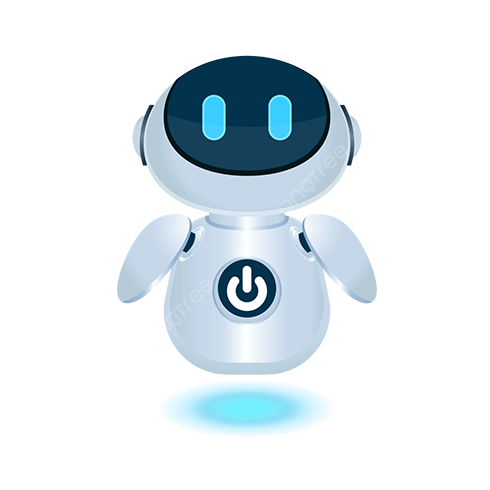
Certaines images peuvent avoir été générées par IA
Plus d'informations sur l'utilisation que nous faisons des IA concernant ce site web, sur cette page.
BIEN-ÊTRE & découverte
expériences, séances numériques, bien-être virtuel ...
TECHNOLOGIE
IA, APPAREILS CONNECTES, HIGHTECH, ROBOTS ...
ACTUALITÉ
REVUES SCIENTIFIQUES, PUBLICATIONS, PRESSE ...

